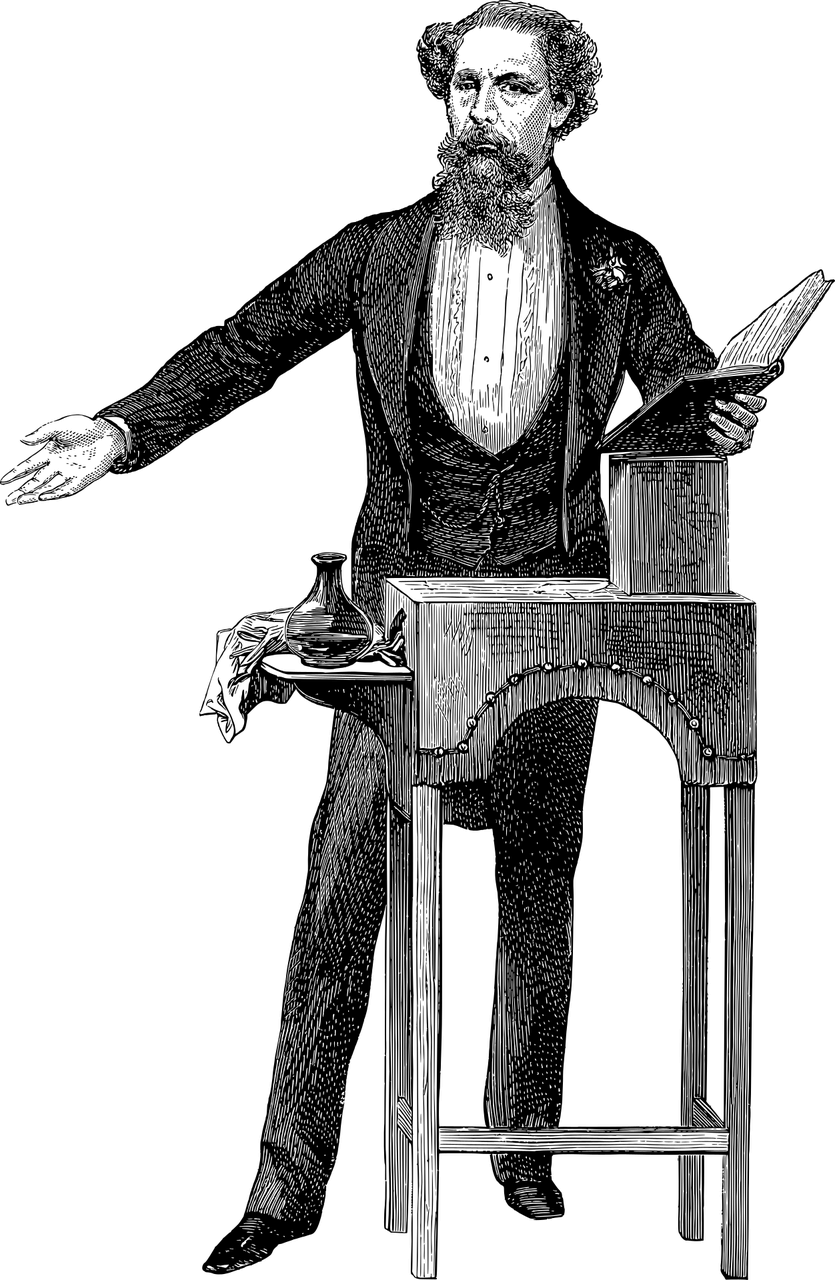Jane Austen is a renowned author whose books have left an indelible mark on the world of literature

Her novels, set in 18th-century England, captivate readers with their compelling stories, memorable characters, and keen observations of society. In this article, we will take a deep dive into Jane Austen’s books, exploring their significance, historical development, and their enduring appeal to readers today.
Introduction to Jane Austen’s Books
Jane Austen’s books are a collection of six novels: “Sense and Sensibility,” “Pride and Prejudice,” “Mansfield Park,” “Emma,” “Northanger Abbey,” and “Persuasion.” These novels are often referred to as the “Jane Austen canon” and are known for their wit, social commentary, and exploration of themes such as love, marriage, and societal norms.
Jane Austen’s Writing Style

Austen’s writing style is characterized by her keen observations and satirical commentary on the society of her time. Her characters are carefully crafted, each with their own distinct personality traits and flaws. Through her prose, Austen paints a vivid picture of the social hierarchy, manners, and customs of 18th-century England.
Historical Development of Jane Austen’s Books
Jane Austen’s books were written during the Regency period, a time of political and societal change in England. Her first novel, “Sense and Sensibility,” was published in 1811, followed by “Pride and Prejudice” in 1813. These novels established Austen as a talented writer, gaining her recognition and critical acclaim.
Following the success of her early works, Austen continued to write and publish novels. “Mansfield Park” was published in 1814, followed by “Emma” in 1815. These novels further solidified Austen’s reputation as a skilled writer and allowed her to explore new themes and narrative techniques.
Austen’s last two novels, “Northanger Abbey” and “Persuasion,” were published posthumously in 1817. These novels showcase Austen’s growth as a writer, delving deeper into themes of love, loss, and the complexities of human relationships.
Importance and Influence of Jane Austen’s Books
Jane Austen’s books have had a lasting impact on literature and continue to be celebrated for their timeless themes and engaging storytelling. Her novels offer valuable insights into the attitudes, expectations, and challenges faced by individuals in a rapidly changing society.
Austen’s portrayal of strong, independent female characters, such as Elizabeth Bennet in “Pride and Prejudice” and Emma Woodhouse in “Emma,” challenged traditional gender roles and inspired generations of readers.
Her novels also shed light on universal human experiences, such as the pursuit of love, the complexities of social interactions, and the power dynamics within relationships. Austen’s nuanced exploration of these themes resonates with readers across time and cultures.
Featured Snippet: Understanding Jane Austen’s Enduring Appeal
Despite being written over two centuries ago, Jane Austen’s books continue to captivate readers today. Their enduring appeal can be attributed to several factors:
1. Complex Characters: Austen’s characters are relatable and multi-dimensional, grappling with universal emotions and desires. From the spirited Elizabeth Bennet to the reserved Elinor Dashwood, these characters feel real and continue to resonate with readers.
2. Timeless Themes: Austen’s exploration of love, marriage, social class, and personal growth transcends time and remains relevant in contemporary society. Readers can still connect with the struggles and triumphs experienced by Austen’s characters.
3. Skillful Storytelling: Austen’s ability to weave intricate plots, filled with wit, romance, and drama, is a testament to her skill as a storyteller. Her books are engaging and keep readers eagerly turning pages.
4. Social Commentary: Austen’s keen observations of society, its customs, and its flaws provide a thought-provoking backdrop to her stories. Her satirical critique of class divisions, gender roles, and societal expectations adds depth and substance to her novels.
5. Subtle Humor: Austen’s wit and humor add levity to her narratives, making her books enjoyable to read. Her clever dialogue and ironic observations offer a refreshing and entertaining reading experience.
[Insert Video Here:
Conclusion
Jane Austen’s books have stood the test of time and continue to enchant readers with their compelling narratives and insightful social commentary. Her timeless themes, memorable characters, and skillful storytelling make her novels a significant contribution to the literary canon. Whether you are a fan of classic literature, interested in social history, or simply enjoy a well-crafted story, Jane Austen’s books are worth exploring. So pick up a copy today and immerse yourself in the enchanting world of Austen’s novels.